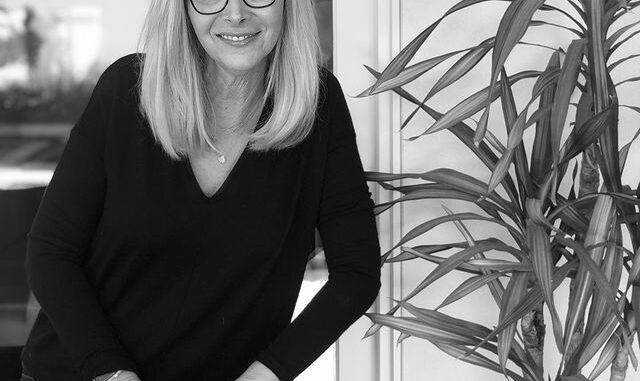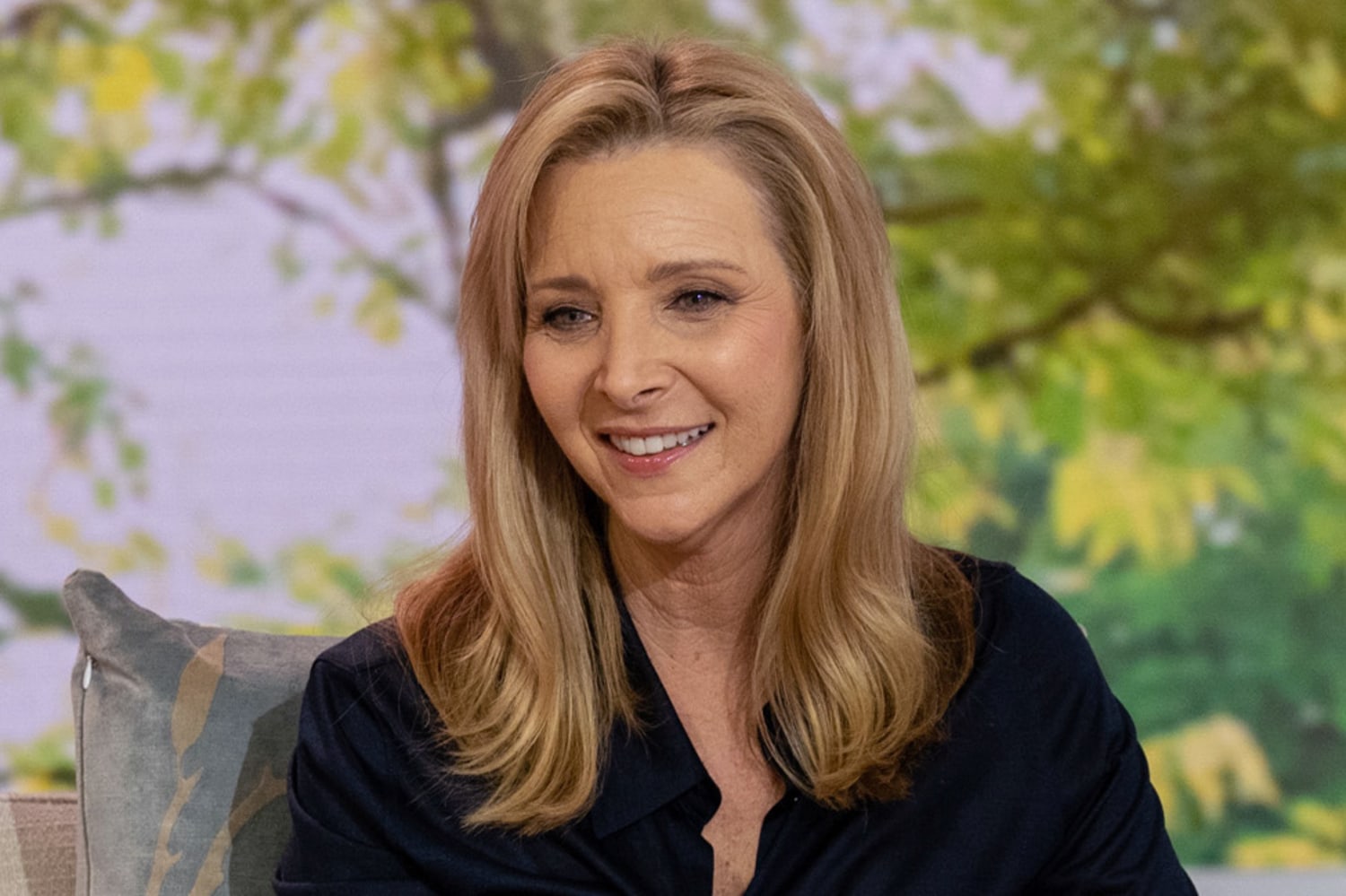
Lisa Kudrow, known for her iconic role as Phoebe Buffay on the beloved sitcom Friends, recently opened up about the show’s casting choices and the ongoing criticism regarding its predominantly white ensemble.
As discussions around representation and diversity in media become increasingly important, Kudrow’s insights shed light on the complexities of the show’s legacy and the cultural context of its creation. In her response, Kudrow acknowledged that Friends was a product of its time, reflecting the demographics of New York City in the 1990s, where the show was set. However, she emphasized the need for a broader representation in television and film today. “It’s crucial to create spaces for all voices and experiences,” she said, highlighting the industry’s responsibility to portray a diverse array of characters and stories.

Kudrow noted that while Friends may not have featured a diverse cast, the impact it had on popular culture was undeniable. The show’s themes of friendship, love, and life’s challenges resonated with audiences worldwide, transcending racial and cultural boundaries. Nonetheless, she understands the criticism and recognizes the importance of listening to diverse perspectives.
The actress also discussed the evolution of the television landscape since Friends aired its last episode in 2004. “Today, we see a wider range of stories being told,” she pointed out. From series featuring diverse casts to shows tackling social issues head-on, there is a growing recognition of the need for inclusivity in storytelling.
Kudrow’s reflections invite a broader conversation about how past shows like Friends can coexist with contemporary demands for diversity. While acknowledging the shortcomings of the past, she also celebrates the progress being made in the industry. As we continue to navigate these discussions, it’s clear that representation matters, and the push for diverse storytelling will only enrich the world of television.
Ultimately, Lisa Kudrow’s comments serve as a reminder that while Friends may have had an all-white cast, the conversation about diversity in media is ongoing and vital. As we look to the future, her advocacy for inclusivity echoes the sentiments of many who believe that everyone deserves to see themselves represented on screen.
